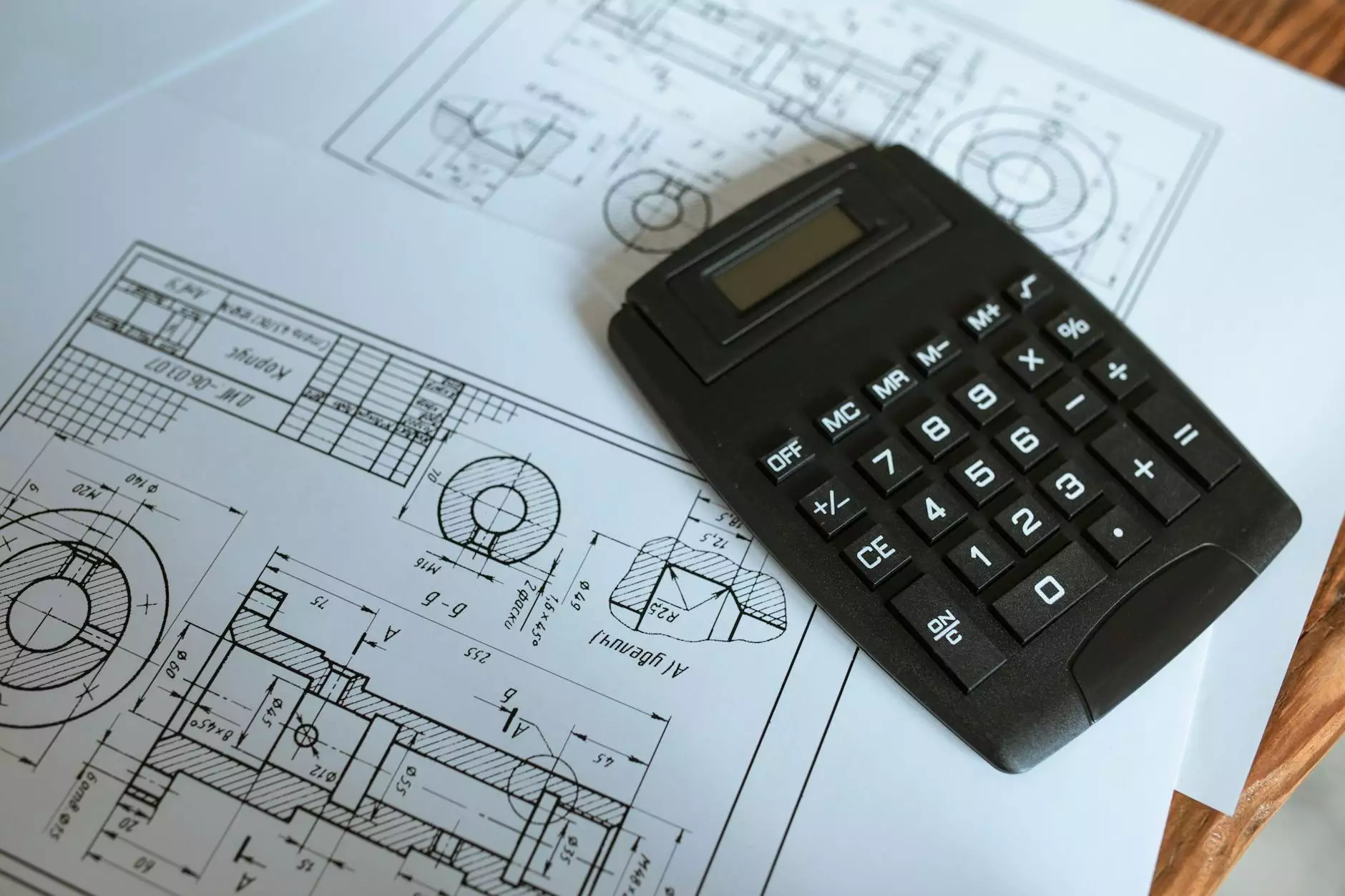Essential Medical Instruments to Buy for Healthcare Professionals

In the ever-evolving world of healthcare, the medical instruments to buy play a crucial role in the delivery of quality patient care. As a healthcare professional, being equipped with the right tools can significantly enhance the outcomes of your medical practices. This article delves into the various categories of medical instruments, the best practices for selecting them, and where to find these essential supplies.
Understanding the Importance of Quality Medical Instruments
The quality of medical instruments can have a profound impact on patient safety and treatment outcomes. High-quality instruments ensure accuracy in diagnosis and efficacy in treatment procedures. Here are several key reasons to prioritize the purchase of quality medical instruments:
- Enhanced Patient Safety: Reliable instruments minimize the risk of errors that can adversely affect patient outcomes.
- Improved Efficiency: High-quality tools are designed for optimal performance, allowing healthcare providers to work more efficiently.
- Long-Lasting Durability: Investing in quality means less frequent replacements and repairs, saving time and resources.
- Trust and Reputation: Using top-tier instruments can enhance the reputation of your practice, leading to greater patient trust.
Categories of Medical Instruments to Consider
When exploring medical instruments to buy, it's essential to recognize the various categories of instruments that serve different medical purposes. Below, we outline some of the most critical categories of medical instruments.
1. Diagnostic Instruments
Diagnostic instruments are vital for assessing a patient’s condition. They help in diagnosing illnesses early, enabling timely treatment and improving patient outcomes. Common diagnostic instruments include:
- Stethoscopes: Used for auscultation of heart and lung sounds.
- Sphygmomanometers: Essential for measuring blood pressure.
- Otoscopes: Allow healthcare providers to examine the ear canal and eardrum.
- Blood Glucose Meters: Crucial for monitoring blood sugar levels in diabetic patients.
2. Surgical Instruments
Surgical instruments are tools used during operations to perform specific functions, such as cutting, suturing, or altering tissues. Key surgical instruments include:
- Scalpels: Precision blades for making incisions.
- Forceps: Used to grasp, hold, or manipulate tissues during surgery.
- Scissors: Designed for cutting various tissues and sutures.
- Sutures: Necessary for closing surgical incisions or wounds.
3. Therapeutic Instruments
These instruments are designed for treatment rather than diagnosis. They often assist in various therapeutic interventions. Some important therapeutic instruments include:
- Infusion Pumps: Used for delivering medications or fluids intravenously.
- Electrocardiogram (ECG) Machines: Essential for monitoring heart activity.
- Thermometers: Critical for measuring body temperature.
- Nebulizers: Used to administer medication in the form of mist to help relieve respiratory conditions.
4. Monitoring Instruments
Monitoring instruments are crucial for tracking patient vitals and ensuring they are stable during treatment. These include:
- Pulse Oximeters: Measure oxygen saturation levels in the blood.
- Blood Pressure Monitors: Allow continuous monitoring of blood pressure levels.
- Capnometers: Monitor the concentration of carbon dioxide in exhaled air during anesthesia.
- Fetal Monitors: Used during pregnancy to check on the baby’s health.
Selecting the Right Medical Instruments
Choosing the right medical instruments is crucial for ensuring they meet the specific needs of your practice. Here are some guidelines to help in the selection process:
1. Define Your Needs
Before purchasing instruments, assess what your specific requirements are. Consider the types of procedures or treatments you regularly perform in your practice.
2. Research and Compare Products
Take the time to research various brands and types of instruments within your category of interest. Read reviews and compare the specifications of different models.
3. Prioritize Quality Over Cost
While it may be tempting to opt for cheaper alternatives, investing in quality instruments often leads to long-term savings and better patient care.
4. Check for Compliance and Certification
Ensure that the instruments you are considering comply with healthcare regulations and are certified by relevant authorities.
Where to Buy Medical Instruments
There are various places to purchase medical instruments, each with its own advantages. Here are some options:
1. Online Medical Supply Retailers
Many online retailers offer a wide range of medical instruments with the convenience of home delivery. Websites like new-medinstruments.com provide comprehensive details about products, user reviews, and competitive pricing.
2. Directly from Manufacturers
Buying directly from manufacturers can often yield cost savings. This option may also provide you with the chance to customize instruments according to your specific requirements.
3. Medical Supply Distributors
Distributors stock a variety of medical instruments from different brands. They usually provide warranties and support services which can be beneficial for ongoing maintenance.
4. Local Medical Supply Stores
Visiting local medical supply stores allows you to see and feel the instruments before purchase. It can also facilitate immediate acquisition without shipping delays.
Conclusion
The significance of having a reliable set of medical instruments to buy cannot be overstated. Whether you are establishing a new practice, upgrading your existing tools, or simply looking to replace outdated instruments, it’s vital to consider both the functionality and quality of the items you choose.
As healthcare continues to evolve, being equipped with the right tools is essential for providing exceptional patient care. Make informed decisions, invest in high-quality instruments, and consider reputable sources like new-medinstruments.com to purchase the best medical supplies that meet the needs of your practice.









